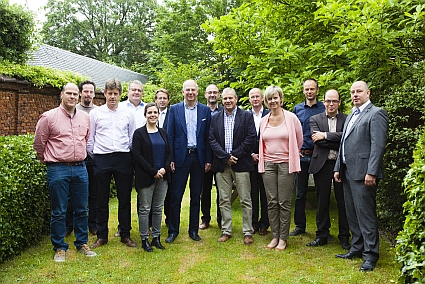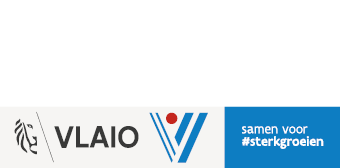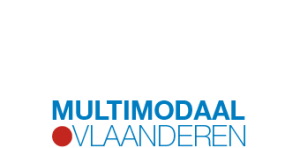REDUCING FOOD WASTE
According to the UN Food and Agriculture Organization, 45% of European food production ends up on the waste mountain. In Flanders, the annual loss of food in distribution chains is estimated at 116,000 tonnes.
In France, parliament passed a law in 2015 to prevent food waste in supermarkets. The European Commission also takes food wastage seriously and aims to halve food waste in the EU by 2030.
Flanders should capitalize on this to strengthen its position as an agrofood region.
OPPORTUNITIES & OBJECTIVES
- To reduce waste and its processing;
- To optimize stocks and forecasting;
- To anticipate stricter legislation regarding food waste.
The objective of this project is to prevent or reduce food waste through the optimization of the logistics chains for fresh food for retailers. Therefore, the scope of the project extends from the delivery of the food products to the distribution centres to the shop shelf.
The waste mountain created by production on the one hand and consumption on the other falls outside the scope of this project. Frozen food is also outside the scope.




















